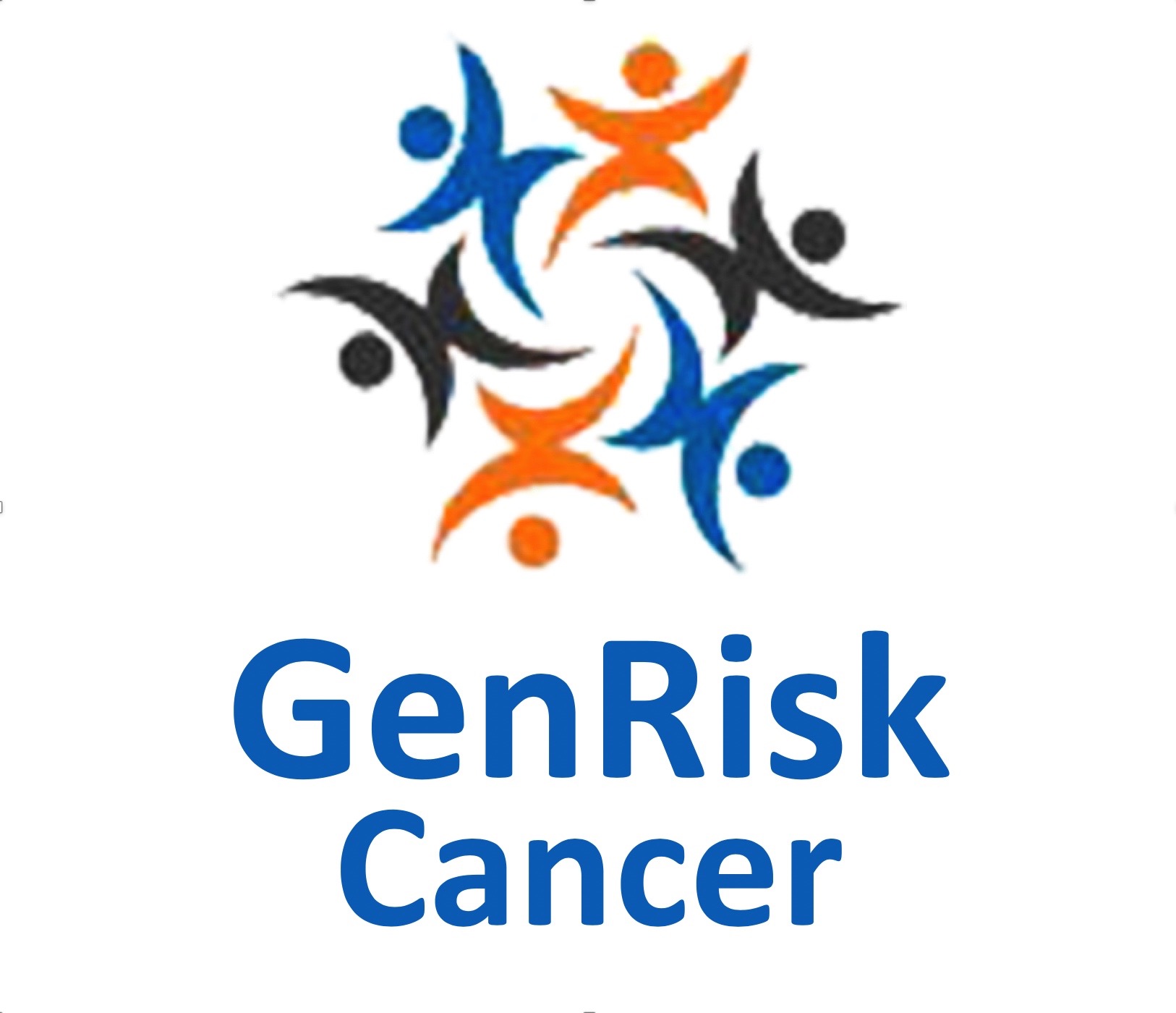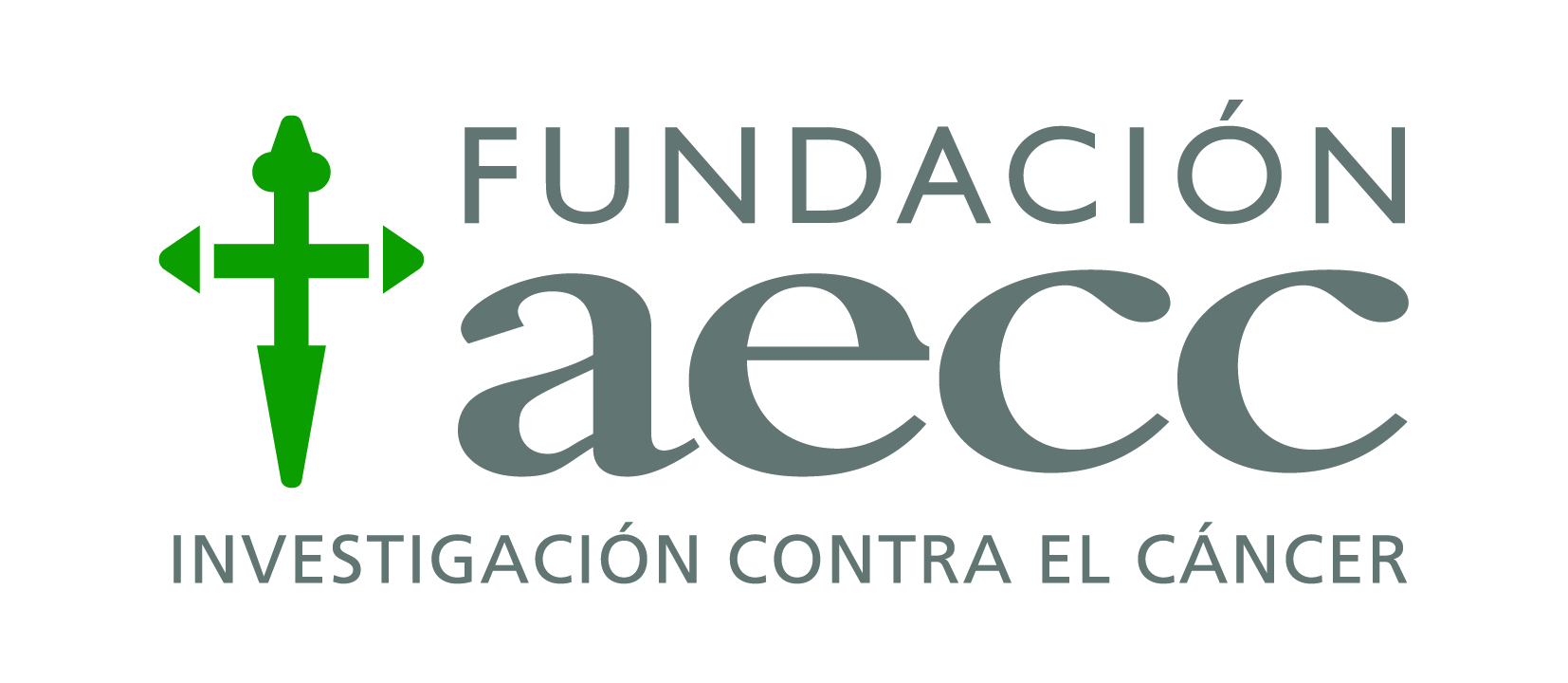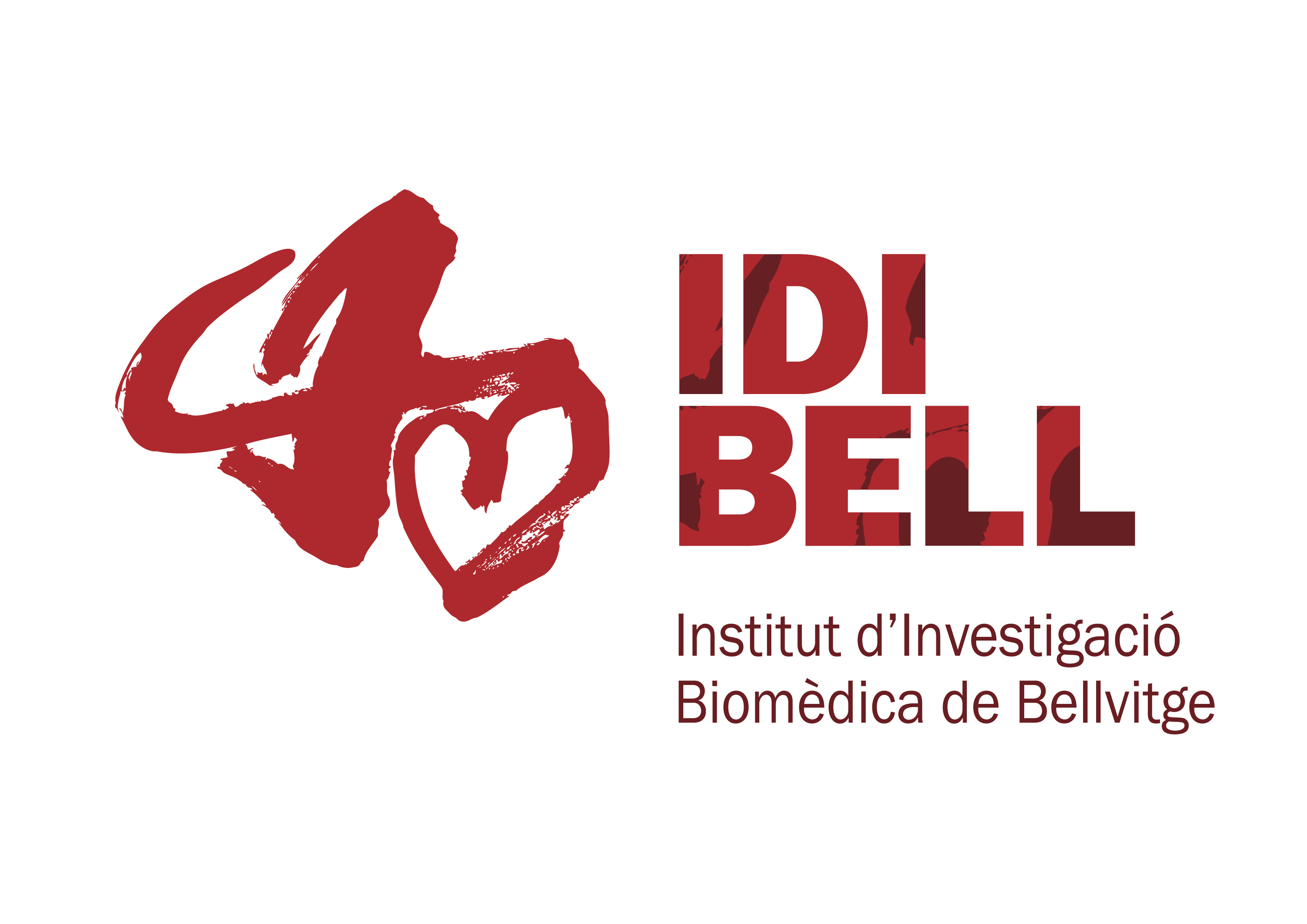Collaborative project
The
Fundación Científica de la Asociación Española contra el Cáncer (AECC)
has awarded a grant of 500,000 € to the consortium of 15 translational groups coordinated by Dr. Victor Moreno.
GenRisk cancer
is also a subprogram of
CIBER de Epidemiología y Salud Pública (CIBERESP).
We are an established consortium of cancer research institutes through 12 Spanish provinces, coordinated by CIBERESP. A large epidemiological study has been performed in Spain,
MCC-Spain
that has recruited 6,008 subjects with common cancers (colorectal, breast, stomach, prostate and chronic lymphocytic leukemia) and 4,098 population controls. In addition to epidemiological and dietary data, biological samples have been obtained which now will be analyzed to determine genetics and metabolomics from subjects.
Objectives
The project aims to improve prevention of the studied cancers, through personalized strategies. Acting before the cancer appears or is at its early stage will diminish the morbidity and its social impact, and will reduce health cost in demographically shifting western world. Screening programs have already proven as successful direction towards lowering mortality from breast, colorectal and cervical cancer. However, screening today is done using only age to select population. With our project we want to move forward, towards personalized prevention so that genetics and lifestyle data will help to define how cancer prevention must be performed for each person.
With samples and data from 10,000 participants, predictive models of cancer risk and prognostic will be developed and validated, using innovative bioinformatics methodology.
Healthy population
Risk models will be developed using genomics, metabolomics and lifestyle data to identify population at high risk of developing cancer.
Cancer patients
Improve prognosis and reduce cancer recurrence using prognostic models based on genetics, metabolomics and epidemiological data.
Studied tumors

Colorectal

Breast

Prostate
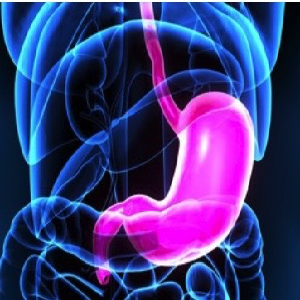
Stomach

LLC
Project stages
Genetic analysis
Genetic analysis of all participants
Metabolome analysis
Blood molecules that provide information about metabolism, nutrition or energetic status
Association analysis
Relationship of cancer, genome and metabolome with:
- diet
- physical exercise
- obesity
- alcohol and smoking
- environment
- occupation
- medicines
- infections
- metals
- hormones
Causality analysis
Evaluate whether a factor causes cancer or if this factor is altered after cancer onset
Risk models
Models to predict cancer risk for the studied tumors
Prognostic models
Models to predict which patients will have a better survival
Economic evaluation
Cost-effectiveness models to evaluate personalized screening strategies
Validation study
Verification in independent studies that the models are valid and useful
Project progress

Victor Moreno ICO-IDIBELL, Barcelona

Manolis Kogevinas ISGlobal, Barcelona

Adonina Tardón Universidad de Oviedo
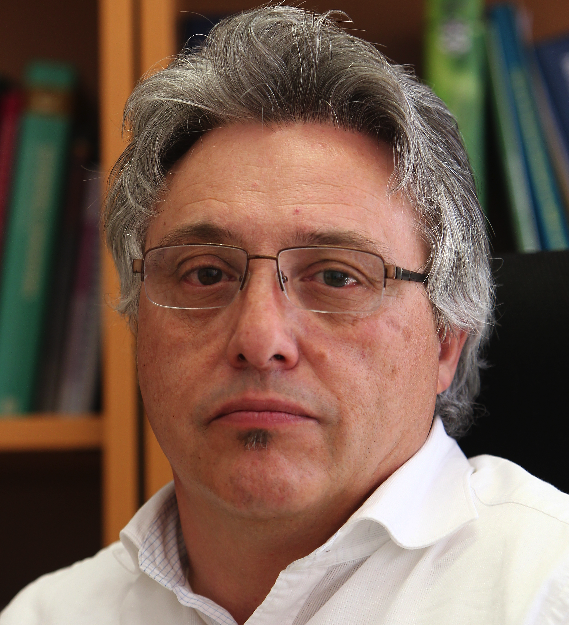
Vicente Martín Universidad de León

Pilar Amiano IISB, San Sebastian

Delphine Casabonne IDIBELL-ICO, Barcelona
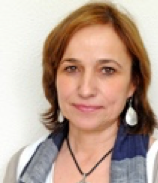
Trinidad Dierssen Universidad de Cantabria, Santander

Pablo Fernández ISCIII, Madrid
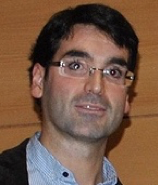
José María Huerta FFIS, Murcia
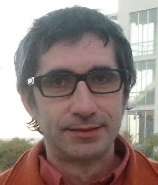
Juan Alguacil Universidad de Huelva
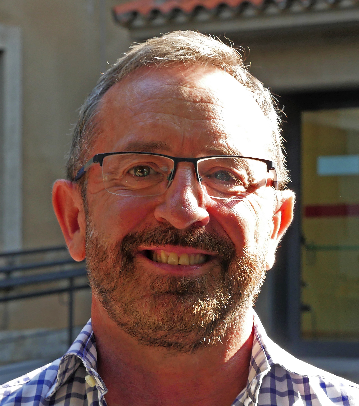
Rafael Marcos IDIBGI-ICO, Girona
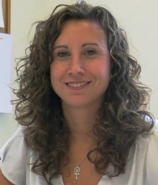
María del Rocío Olmedo Universidad de Granada

Eva Ardanaz ISPLN, Pamplona
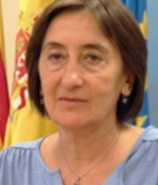
Dolores Salas FISABIO, Valencia
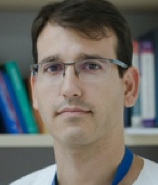
Antoni Serrano FSJD, Barcelona
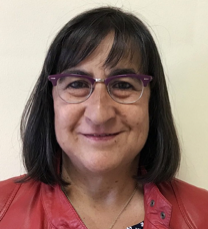
María José Sánchez EASP, Granada

Marina Pollán ISCIII, Madrid
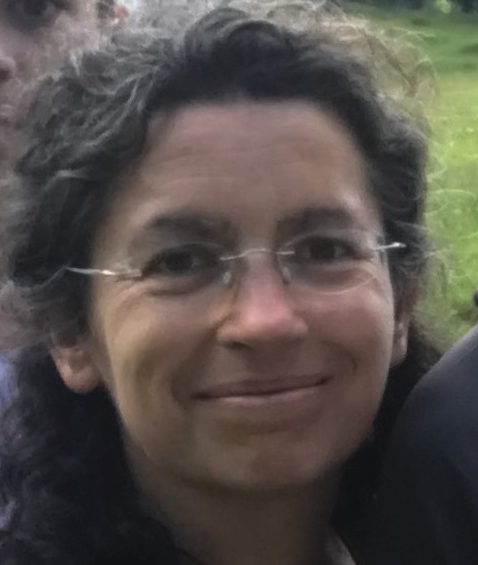
Beatriz Pérez ISCIII, Madrid

Núria Aragonés DGSP Comunidad de Madrid
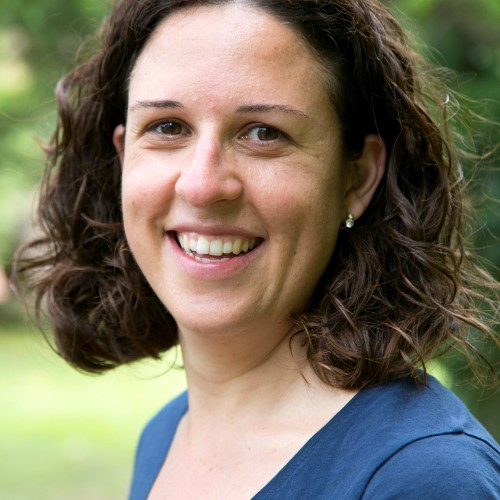
Gemma Castaño ISGlobal, Barcelona
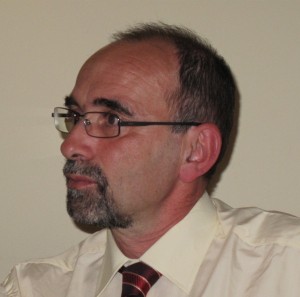
Javier Llorca Universidad de Cantabria, Santander

